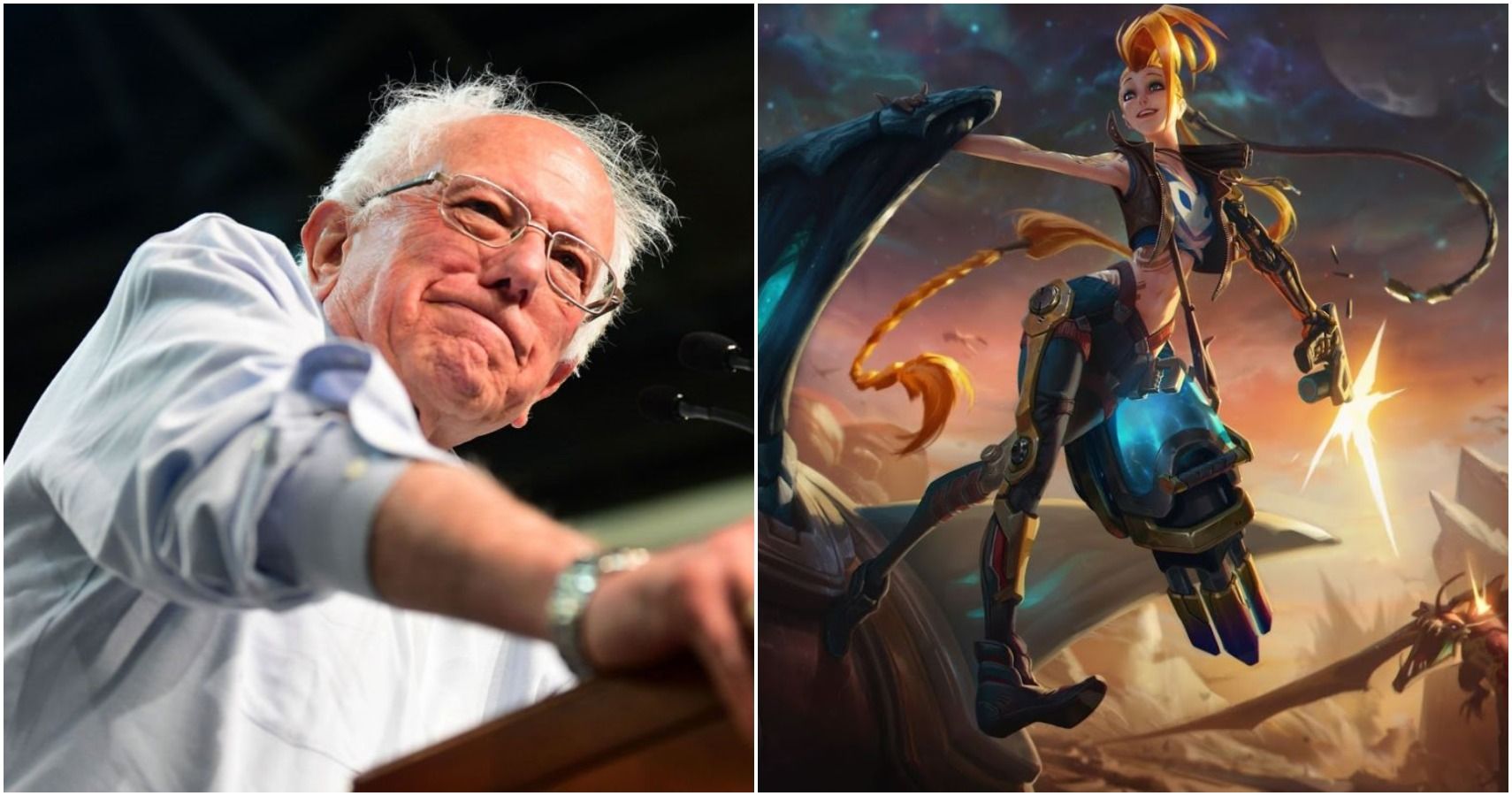Bernie Sanders has come out in favor of game industry unions.
Which isn’t really surprising; the heavily left-leaning presidential candidate and Senator from Vermont has been a vocal proponent of unions since time immemorial. However, it’s still nice to see Bernie take aim at an industry that’s near and dear to us all, and one that seems to desperately need the corrective action that can only come about from workers organizing.
Last Tuesday, Sanders noted that the video game industry makes a lot of money on the backs of hard-working employees. "The video game industry made $43 billion in revenue last year,” he said. “The workers responsible for that profit deserve to collectively bargain as part of a union.
“I'm glad to see unions like @IATSE and the broader @GameWorkers movement organizing such workers."
The IATSE is a union in Canada and the United States that mostly deals with television, movie, and live stage play workers, but has been branching out into the games industry as more games use motion capture to create cinematic scenes. Game Workers Unite is an international organization aimed and improving workplace conditions for game developers.
Bernie’s tweet was well received online (as they usually are), but also got several responses that asked pointed questions of Sanders’ game policy. One asked his stance on adding “sprint” in the Halo series, while another asked if Sekiro requires an “easy mode.” Sanders also refused to respond when asked who he mains in Super Smash Bros.
Sanders’ comments come at a time of increased scrutiny in the games industry. Multiple studios have come under investigation by regulators for workplace discrimination, including Detroit: Become Human developer Quantic Dream and League of Legends maker Riot Games.
Riot recently held an employee walk out--the first from a major game studio--which saw 150 employees protest against Riot’s workplace culture of sexual discrimination and harassment. They also called for an end to hiring contracts which prevent employees from suing the studio in cases of workplace harassment and instead force them into arbitration, a tactic used by corporations to reduce their liability.
The State of California is now investigating Riot for workplace discrimination after multiple complaints were filed with regulators.

